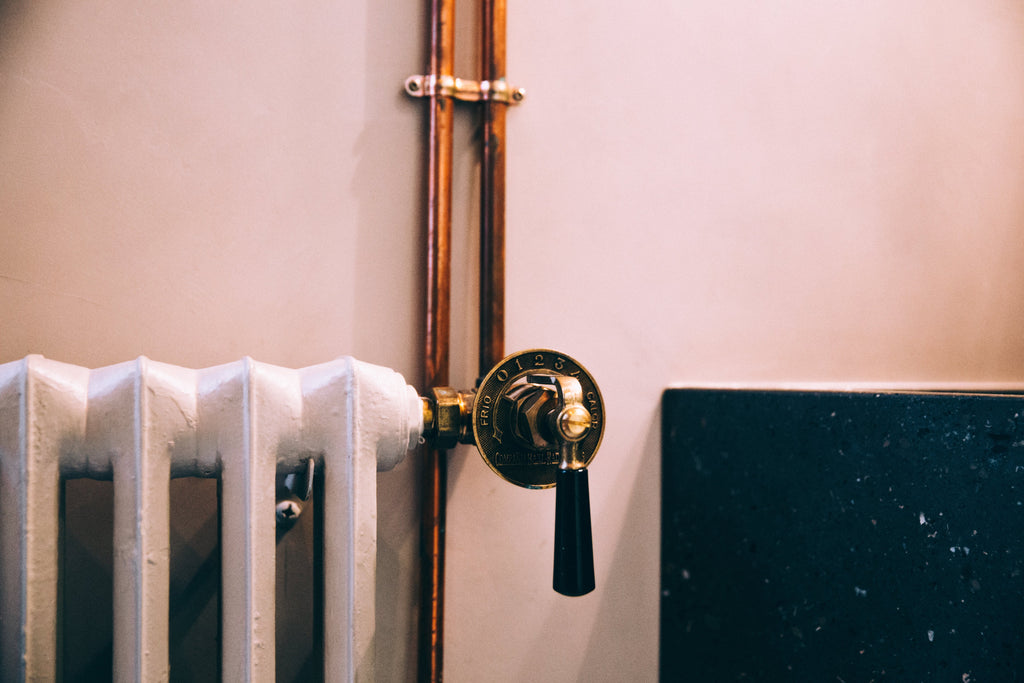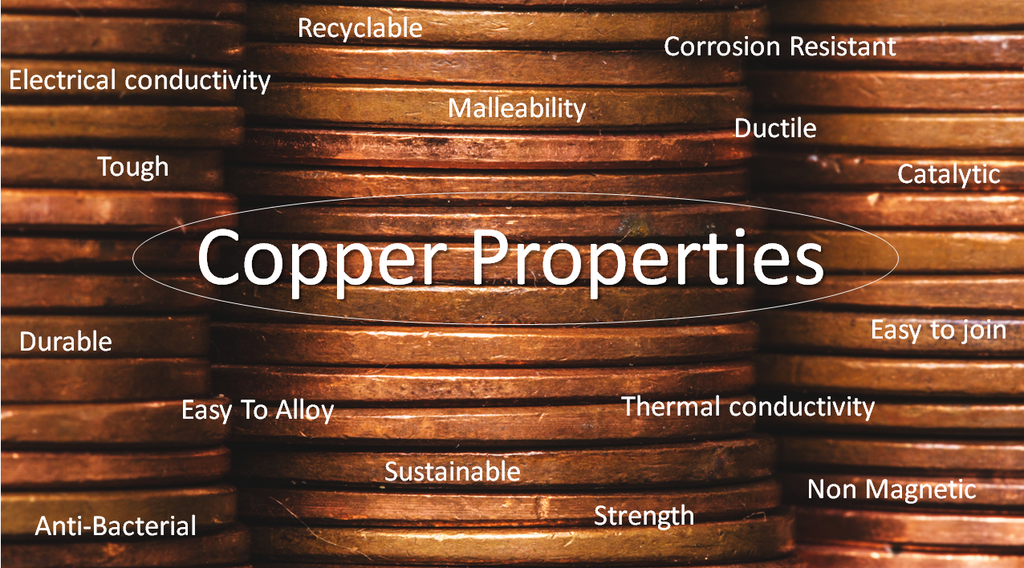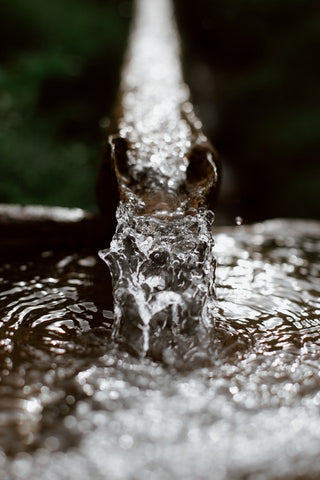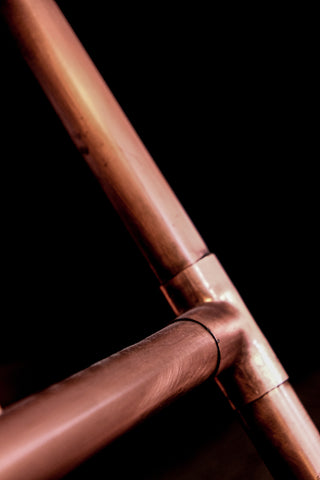Why Is Copper Used Within Plumbing?

Plumbing and copper go hand in hand together as the material of choice in this industry. Although it’s not the only material available for the demands of plumbing; copper has a number of properties making this an ideal material to use.
Copper is by no means a new material for bringing water into people’s homes, in fact it is believed that in Ancient Egyptian times they used copper as a means to assign water. In Roman times copper was used as water pipes and cisterns, so it is an age old tried and tested material used throughout history. By the 1940’s copper was the material most used within the plumbing industry.
Copper has a number of benefits that make this material a really good choice for plumbing.

Corrosion Resistance:
Copper, unlike most other materials is corrosion resistant, making it a very dependable material. It has an immense strength when exposed to the environment which can often be unpredictable- experiencing movement and settling. In an underground environment or when exposed to UV light, copper will perform much better in comparison to plastic which is another popular choice for piping. Piping will crack and become brittle, whilst copper remains unaffected by corrosion and has the ability to withstand the stresses of environmental changes.
Non-permeable:
Copper protects the water supply by not allowing any other chemicals to permeate the copper which could contaminate the water. For example, if there were to be a petrol or another fuel spillage, or any other chemical or pesticide leak near the water service lines and they came into contact with each other- if the material carrying the water was made from a permeable material, there is a strong chance that the foreign chemical could penetrate the pipework and then in turn contaminate the water supply. Copper doesn’t allow this to happen with nothing being able to penetrate the material.
Non- Toxic:

Another benefit of copper is that it is non-toxic. Unlike other metal pipes such as lead, copper won’t release any materials into the water which could be harmful. Lead pipes which were once used to carry water through pipes however were found to be linked with thousands of lead poisoning cases which led to the material being banned for use in this way anymore. This wouldn’t happen with copper as it will not contaminate the water.
Durability:
Copper is a very dependable material based on its durability. It’s corrosion resistant, and is able to perform against extreme heat by which it doesn’t lose any of its strength or its shape. It can withstand high water pressure and demands from the environment from movement in the ground.
Sustainable and Eco-Friendly:
Copper is able to be recycled without loosing any of its original properties no matter how many times it is re-used. It does not diminish in capability with being recycled. It also holds its value well, often returning 80% of its original value back when being resold. It has a much lower impact on the environment that other materials such as PVC.
Conductivity:

Copper is an excellent conductor of heat, so when the pipes come into contact with hot water, copper will help keep the water hot for longer. This means that as the water travels through the house it will keep the water at a consistent temperature.
Antimicrobial Properties:
Copper has natural antibacterial properties, which kill harmful bacteria that it comes into contact with. That said, it is not a guaranteed method of killing all microbes or bacteria found within the water- however, it is certainly better than other materials at lowering harmful bacteria.
Ductile Qualities:
Copper is a very ductile material meaning it has the ability to be shaped and formed, bent and moulded without loosing any of its toughness or become fractured. The material is also lightweight and flexible making this an easy material for plumbers to work with.
